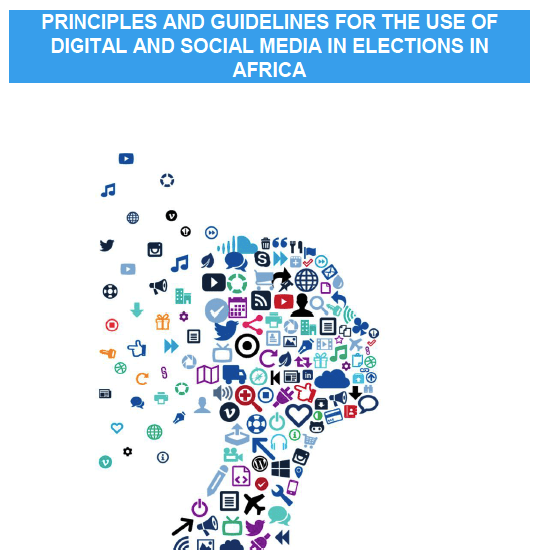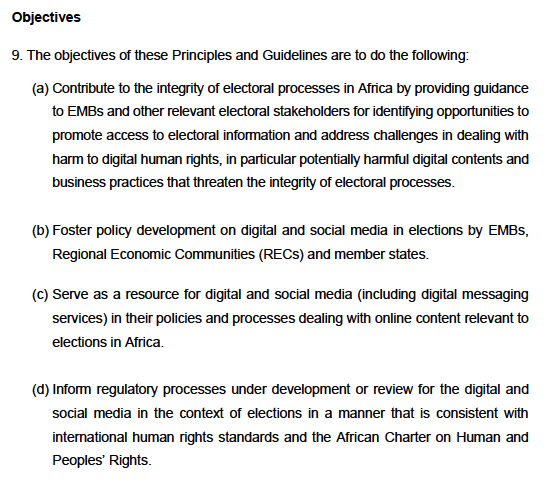Image: Namibia Fact Check
New principles and guidelines for social media in elections in Africa call for adopting practices for responsible use of such platforms
In late February 2024, at an event hosted by the Electoral Commission of South Africa (IEC), in Johannesburg, the ‘Principles and Guidelines for the Use of Digital and Social Media in Elections in Africa’ were officially launched.
The Principles and Guidelines is an initiative of the Association of African Electoral Authorities (AAEA), which adopted the Principles and Guidelines at its general assembly in Cotonou, Benin, in November 2023.
The development of the Principles and Guidelines was spearheaded by the Electoral Commission of South Africa. Representatives of the Electoral Commission of Namibia (ECN) also attended the launch of the Principles and Guidelines on 27 February 2024.

What are the Principles and Guidelines?
According to the Principles and Guidelines booklet, the objectives are:

Notable Principles
The Principles emphasise a human rights based approach to how electoral authorities engage with and on social media, stressing such human rights as freedom of expression, freedom of association, access to information, and the right to privacy in the context of elections, among others.
On access to information the Principles state:
“All information held by relevant electoral stakeholders in respect of the electoral process is presumed to be subject to full disclosure without the need to make a request. Stakeholders are entitled to access the information they seek on an equal basis, both online and offline, in an appropriate and accessible format.”
On freedom of expression the Principles state:
“The news media are subject to electoral codes and self-regulatory standards. As transparent actors in the public domain producing verified news, they should be an important antidote against electoral misinformation, disinformation and hate speech on digital and social media.”
On the right to privacy the Principles state:
“Relevant electoral stakeholders shall not engage in nor condone any harmful and unlawful sharing of personal data, such as the unauthorised disclosure of personal details regarding a voter or candidate or the sharing of intimate images without informed consent, subject to the three-part test for a justifiable limitation.”
Notable Guidelines
The Guidelines call on the state to:
“The state should create an enabling environment to protect rights online and offline, and take measures that give equal protection to all stakeholders in the electoral processes, including opposition parties, candidates, citizens and vulnerable or marginalised persons. This includes addressing gender-specific concerns faced by women candidates and journalists engaged in the electoral process, such as sexual and gender-based violence, intimidation and harassment.”
The Guidelines call on digital and social media platforms to:
“Social media operators should proactively contribute to elections by encouraging voter registration and voting by promoting sources of reliable and verified electoral information, and by supporting media and information literacy as relevant to elections.”
The Guidelines call on political parties and candidates to:
“Political parties and candidates should not commit, support, encourage or condone any form of potential online harm, including by their supporters during the entire electoral cycle, and should comply with relevant rules and standards.”
The Guidelines call on civil society organisations to:
“Civil society organisations should incorporate the capacity for advocating for human rights and freedom in their election observation and civic education initiatives, and develop their capacity to provide oversight over the relevant electoral stakeholders on the use of the digital and social media during elections.”
Namibia Fact Check welcomes the initiative that is the Principles and Guidelines and calls on the Electoral Commission of Namibia (ECN) to publicise and promote the principles, as well as developing ways to tangibly incorporate the Principles and Guidelines into its own processes, practices and conduct.

